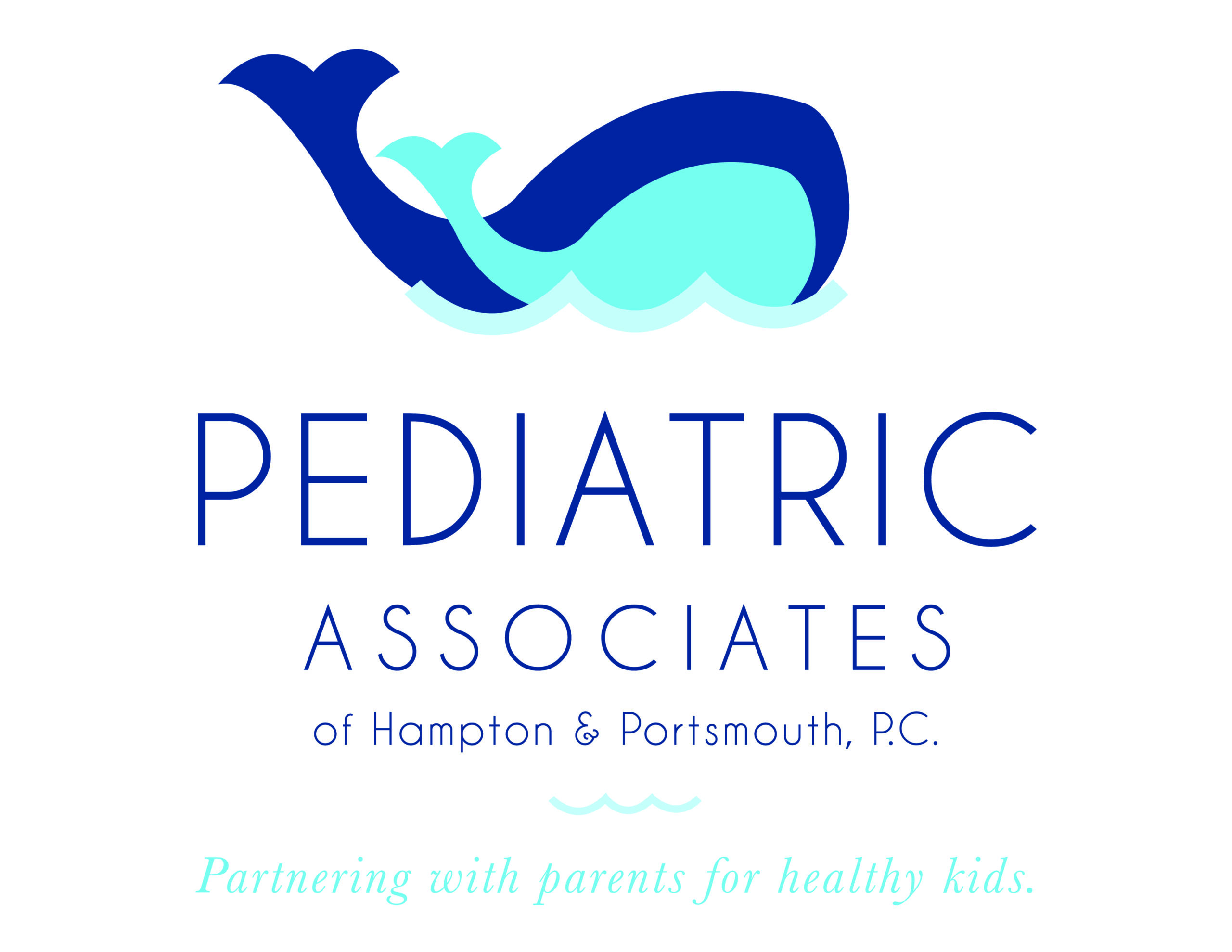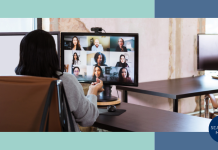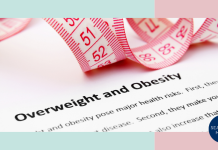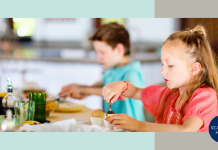This post has to do with PREVENTION/PREPARATION: “Prepare, don’t panic.” This is the second post in a series.
Part 1: The Basics of the Virus
Part 3: Community Mitigation and Social Distancing
Part 1: The Basics of the Virus
Part 3: Community Mitigation and Social Distancing
1) Best practices for stopping the spread?
- Clean your hands often: Wash your hands often with soap and water for at least 20 seconds especially after you have been in a public place, or after blowing your nose, coughing, or sneezing. If soap and water are not readily available, use a hand sanitizer that contains at least 60% alcohol. Avoid touching your eyes, nose, and mouth with unwashed hands.
- Avoid close contact, especially with people who are sick. See below for more on social distancing.
- Stay home if you are sick, except to get medical care.
- Cover your mouth and nose with a tissue when you cough or sneeze or use the inside of your elbow. Throw used tissues in the trash. Immediately wash your hands with soap and water or use hand sanitizer as above.
- Wear a face mask ONLY IF YOU ARE SICK; you do not need to wear one if you are well, and as face masks are in short supply, they should be saved for caregivers.
- Clean AND disinfect frequently touched surfaces daily. This includes tables, doorknobs, light switches, countertops, handles, desks, phones, keyboards, toilets, faucets, and sinks.
Source:
2) How long does the virus live on surfaces?
- In a recent study, U.S. researchers spritzed the virus on seven materials commonly found in homes and hospitals, and also swirled it in an air chamber, to see how long it remained infectious. They found that “viable virus could be detected in aerosols up to 3 hours post aerosolization, up to 4 hours on copper, up to 24 hours on cardboard and up to 2-3 days on plastic and stainless steel.”
- However, per the CDC, “transmission of novel coronavirus to persons from surfaces contaminated with the virus has not been documented.”
Sources:
3) What approved cleaners kill COVID 19? Lysol is hard to find.
- Most common EPA-registered household disinfectants will work. Here is a list from the CDC: https://www.epa.gov/coronavirus/about-list-n-disinfectants-coronavirus-covid-19-0
- I’m using Clorox wipes on most of my surfaces without issue. I wipe down my cell phone and laptop several times a day. You can use unexpired household bleach diluted as follows: 5 tablespoons (1/3rd cup) bleach per gallon of water, OR 4 teaspoons bleach per quart of water.
- Alcohol solutions should have at least 70% alcohol.
Source:
4) What OTC meds should we have on hand? What should we be “stocking up” on?
- I recommend purchasing full bottles of Tylenol (acetaminophen) and Motrin (ibuprofen) for treatment of fevers. You almost certainly will use these eventually anyway.
- In general, it is also good to have the following on hand: thermometer (rectal is best for infants); cool mist humidifier; nasal saline drops and a bulb suction for removing secretions from your child’s nose; Benadryl for allergic reactions; Pedialyte powder packs; honey for coughs (for children older than 1 year of age).
- Consider refilling any daily prescription medications now. If your child takes daily OTC medication like allergy meds, pick up a few extra boxes.
- If you have an infant or toddler at home, grab an extra case of diapers and formula if needed. You can buy some extra groceries to get you close to a two-week supply, but don’t go overboard.
5) What about herbal remedies? Is elderberry syrup worthwhile? Can using elderberry after a confirmed infection cause a cytokine storm?
- Per the National Center for Complementary and Integrative Health, “there is no scientific evidence that alternative remedies can prevent or cure the illness caused by this virus.”
- However, you should continue to eat nutritious, healthy food; get plenty of sleep; and take medications as prescribed by your doctor. If you have discussed using a multivitamin, probiotic, or supplement such as zinc or Vitamin D with your doctor, it is okay to continue taking these as well.
- There are some small studies that show elderberry to be beneficial in reducing the duration and severity of cold and flu symptoms. As above, there is no evidence that it is helpful in preventing or treating COVID-19. I couldn’t find any reputable studies that using elderberry after an infection would cause a detrimental cytokine storm.
Source:

Alyssa Reyes Smith, M.D.
Boston Combined Residency Program, Urban Health and Advocacy Track
Perelman School of Medicine at the University of Pennsylvania Class of 2014

55 High Street, Suite 102
Hampton NH
603.929.3838
330 Borthwick Ave, Suite 101
Portsmouth NH
603.436.7171










